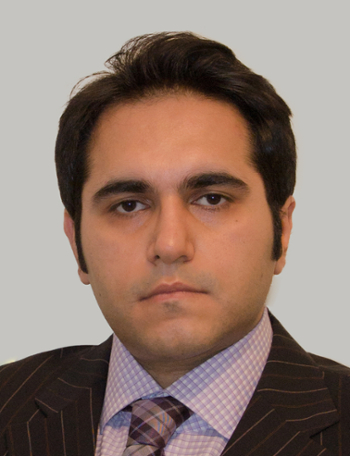Research
Contact
Communications Specialist
Faculty of Engineering
Spencer Engineering Building
Room 2072
Western University
Tel: 519-661-2111 ext. 87015
Email: engineeringcomms@uwo.ca
The Engineer's Impact - Firouz Ajaei
Your inside look at faculty’s research and its effect on society
In this new Q&A series, we’ll feature Western Engineering faculty members to gain a succinct overview of their research, understand its impact on society, and discover intriguing little-known facts.
Meet Electrical and Computer Engineering Assistant Professor Firouz Ajaei.
Can you describe your research?
My research focuses on developing technologies (protection and control systems) that facilitate the large-scale integration of renewable energy resources and energy storage systems in the power grid. These technologies also increase the reliability and quality of the electrical energy supplied to consumers, improve the power system stability, prevent blackouts, and protect the power system apparatus against damages.
How does your research impact society in everyday life?
The cost of building renewable energy systems such as solar panels has never been lower, while the cost of generating electricity from fossil fuels and the concerns related to its environmental impacts have risen significantly in recent years. However, the renewable power generation capacity in Canada has not been increasing at a considerable rate. While there are several factors that contribute to this result, it is partly due to the technical issues caused by the increased penetration of renewable energy systems in the grid. For instance, inverter-interfaced renewable energy sources adversely impact the power system dynamics, stability, and protection due to their lack of inertia as well as their impacts on the fault currents. As a result, some utility companies have limited the maximum capacity of renewable power generation systems that can be integrated into parts of their networks. My research group develops advanced protection and control systems that facilitate the proliferation of renewable energy systems by addressing these issues.
What’s an interesting, little-known fact related to your research?
Although the subject of our research is mostly power generation, transmission, and distribution systems, the majority of our research activities involve developing protection algorithms (computer codes) based on signal processing techniques and machine learning approaches, designing better control systems for inverters, modelling power system components for simulation studies, and conducting performance verification tests using lab-scale low-voltage hardware that my students build.

